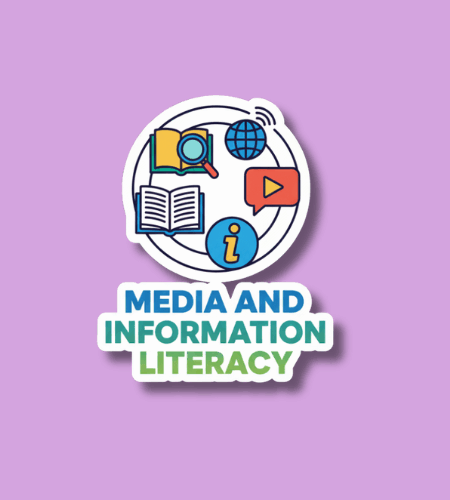Global Media and Information Literacy Week is observed annually from October 24 to October 31, a dedicated week that promotes the essential skills of accessing, analyzing, evaluating, and responsibly using media and information in all its forms. It highlights the importance of being an informed and critical thinker in a world where information flows constantly across digital and traditional channels.
Table of Contents
History of Global Media and Information Literacy Week
This week was established in 2011 as a response to the increasing influence of digital communication, social media, and mass information channels. Global leaders, educators, and policy makers recognized the urgent need for citizens to be equipped with media and information literacy skills as an essential part of modern education and civic engagement.
Since its launch, it has evolved into a worldwide initiative uniting governments, educational institutions, and communities to collaborate on developing strategies and tools that support informed societies and protect against misinformation.
Why is Global Media and Information Literacy Week important?
In today’s fast‑moving digital world, we’re all surrounded by information—some of it useful, some of it misleading. This week reminds us that it’s not enough to have access to information; we must also know how to question it, understand its source, and recognize its impact. It encourages every person to become more mindful of how media influences thinking, decision‑making, and collective behavior.
The week also reflects a commitment to equality. Media and information literacy empowers people of all ages and backgrounds to participate fully in society, make informed decisions, and protect themselves against false or harmful narratives. It’s about creating a world where everyone—not just a few—can navigate information with confidence and clarity.
- It promotes informed decision‑making in a digital world
- It raises awareness about misinformation and digital manipulation
- It supports equitable access to information and education
- It strengthens democratic participation and responsible communication
- It encourages lifelong learning and digital resilience
How to Celebrate Global Media and Information Literacy Week
You don’t need formal events to take part—simply becoming more conscious of your media habits is a meaningful start. You might spend time examining how you choose news sources, asking yourself whether you verify what you read, or trying to identify bias in media messages. Small acts of awareness can create long‑lasting habits that make you a more informed and empowered participant in the information age.
If you’re part of a school, workplace, or community group, you can organize a discussion or activity that explores themes like trustworthy information, how algorithms shape our online experiences, or how to responsibly share content. Even informal conversations can open someone’s eyes to the importance of media literacy.
- Choose a news story and evaluate its credibility step by step
- Practice checking facts before sharing posts on social media
- Discuss with friends or students how media influences public opinion
- Explore how algorithms filter the information you see online
- Reflect on your own media habits and set a goal to be more intentional with information
Global Media and Information Literacy Week Dates Table
| Year | Date | Day |
|---|---|---|
| 2026 | October 24 | Saturday |
| 2027 | October 24 | Sunday |
| 2028 | October 24 | Tuesday |
| 2029 | October 24 | Wednesday |
| 2030 | October 24 | Thursday |
Subscribe to our newsletter and never miss a holiday again!

